Optimal Timing for Flashing Repairs
Timing plays a crucial role in maintaining the integrity of building exteriors. Flashing repair service is most effective when performed during specific periods to prevent water intrusion and structural damage. Identifying optimal times ensures longevity and reduces the need for frequent repairs.
Spring is an ideal time for flashing repair as it prepares buildings for the heavy rain season and allows inspections after winter.
After severe weather events, scheduling flashing repairs can prevent water damage and address damage early.
Completing flashing repairs before winter ensures protection against snow and ice buildup, reducing freeze-thaw damage.
Early summer offers a good window for repairs before high temperatures and storms increase risk.

Technicians repairing flashing on a residential roof.
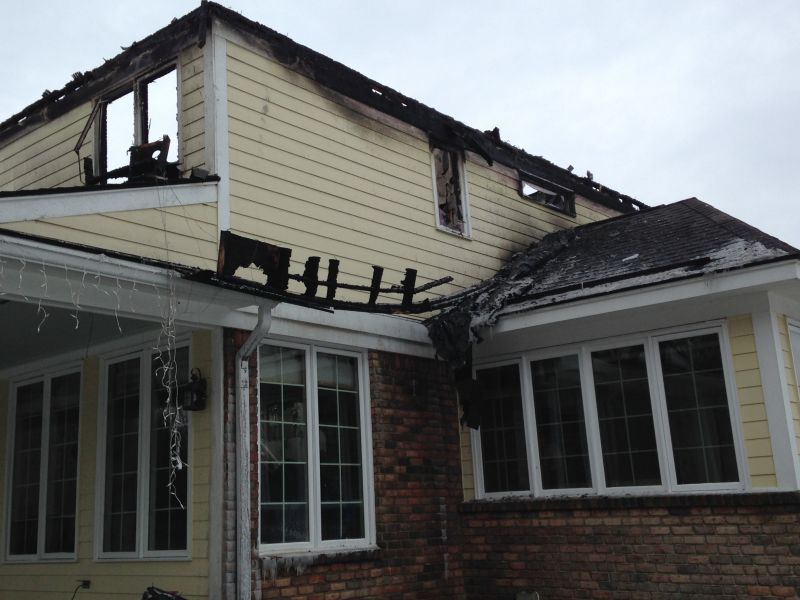
Assessing flashing damage following severe weather.

Preparing roofs with necessary flashing repairs.

Inspecting flashing to prevent leaks during rainy season.
Flashing repair services are essential for maintaining the waterproof integrity of roofs and walls. Flashing acts as a barrier, directing water away from vulnerable areas such as joints, chimneys, and vents. Properly maintained flashing prevents leaks, mold growth, and structural deterioration. Regular inspections and timely repairs extend the lifespan of roofing systems and protect the building’s interior.
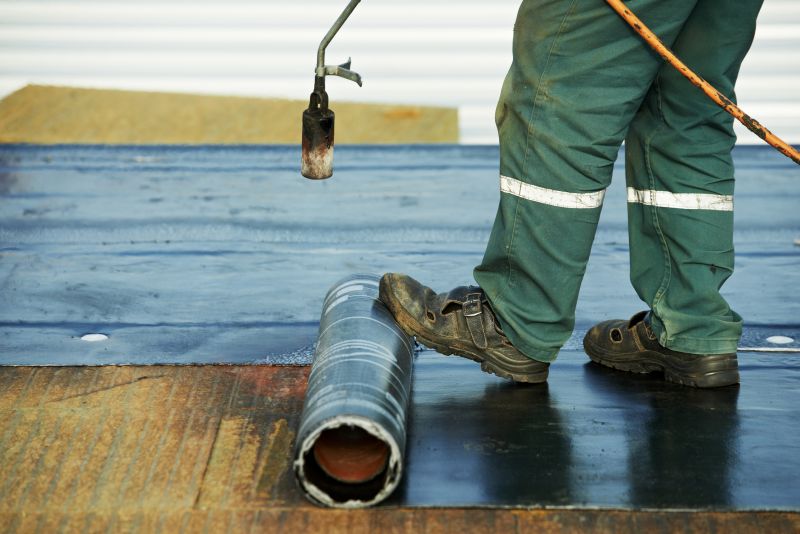
Replacing damaged flashing on a commercial roof.
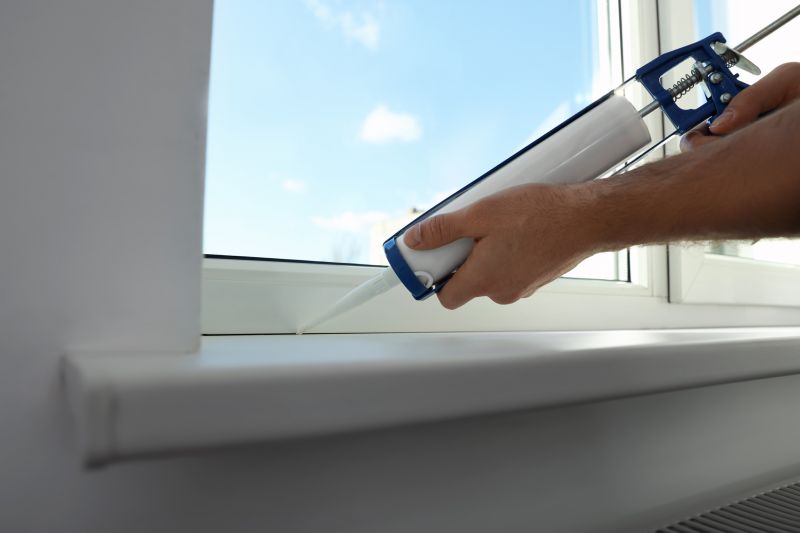
Applying sealant to ensure waterproofing.
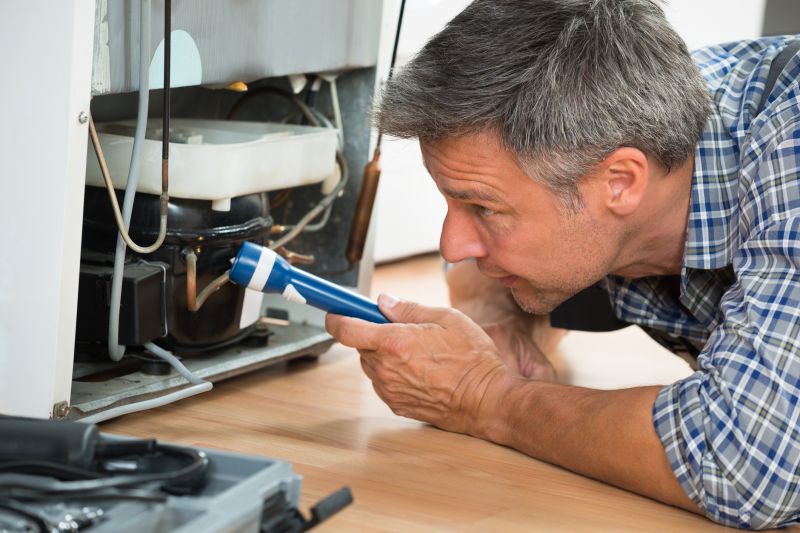
Using tools to detect flashing issues.
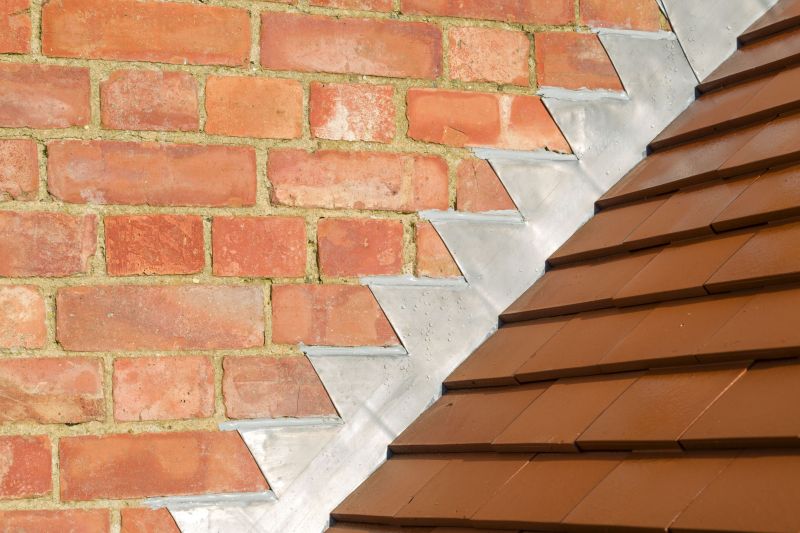
New flashing installed on a residential property.
| Optimal Repair Time | Reason |
|---|---|
| Spring | Prepares for rainy season and winter damage. |
| Post-Storm | Addresses damage from severe weather. |
| Pre-Winter | Prevents freeze-thaw damage. |
| Early Summer | Prepares for storms and high temperatures. |
| Late Fall | Prepares for winter conditions. |
Timely flashing repairs are vital for safeguarding buildings against water intrusion. Regular maintenance and inspections help identify potential issues before they escalate. Scheduling repairs during the recommended times ensures that flashing remains effective, reducing the risk of leaks and structural damage over time.
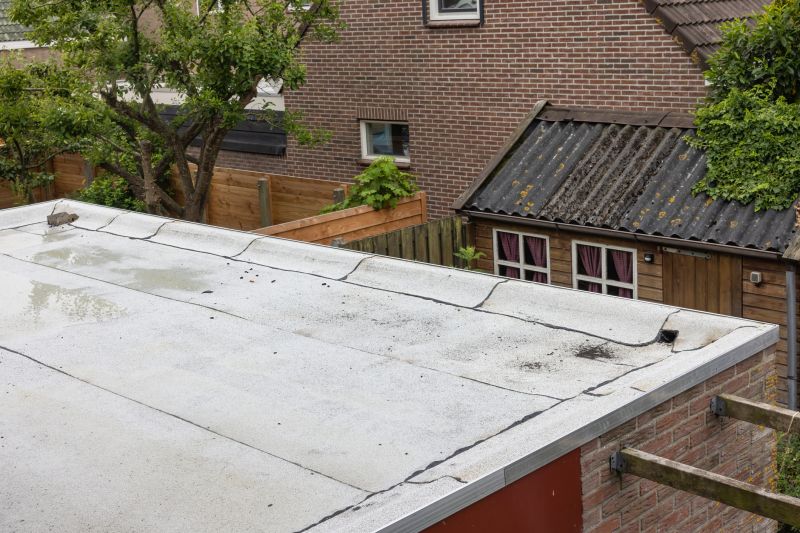
Fixing flashing leaks on a commercial roof.
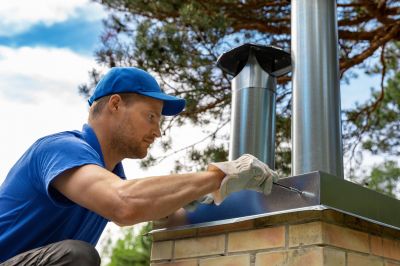
Replacing flashing around a chimney.
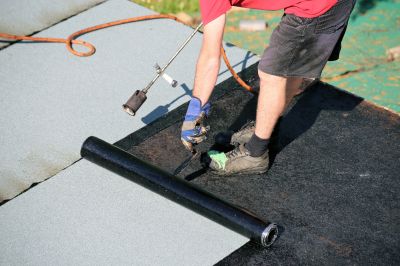
Applying sealant to prevent leaks.

Checking flashing around vents and chimneys.
Interested in maintaining the integrity of a building’s exterior? Contact for flashing repair services to ensure proper water drainage and prevent costly damages. Regular inspections and timely repairs can extend the lifespan of roofing systems and protect the interior spaces from water intrusion.



